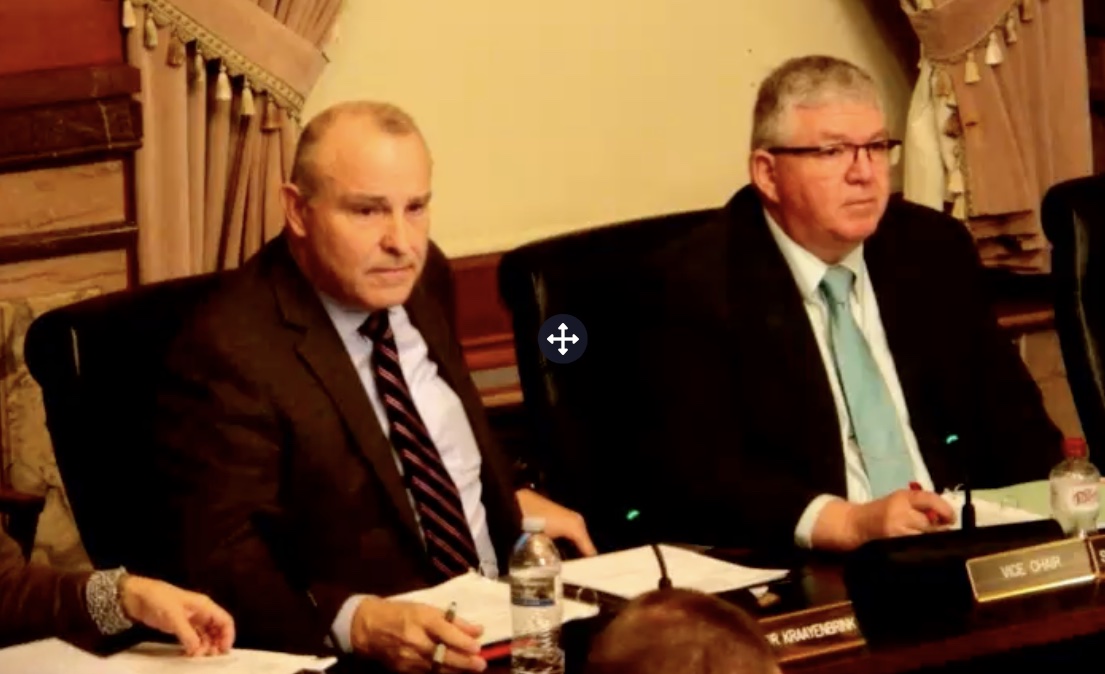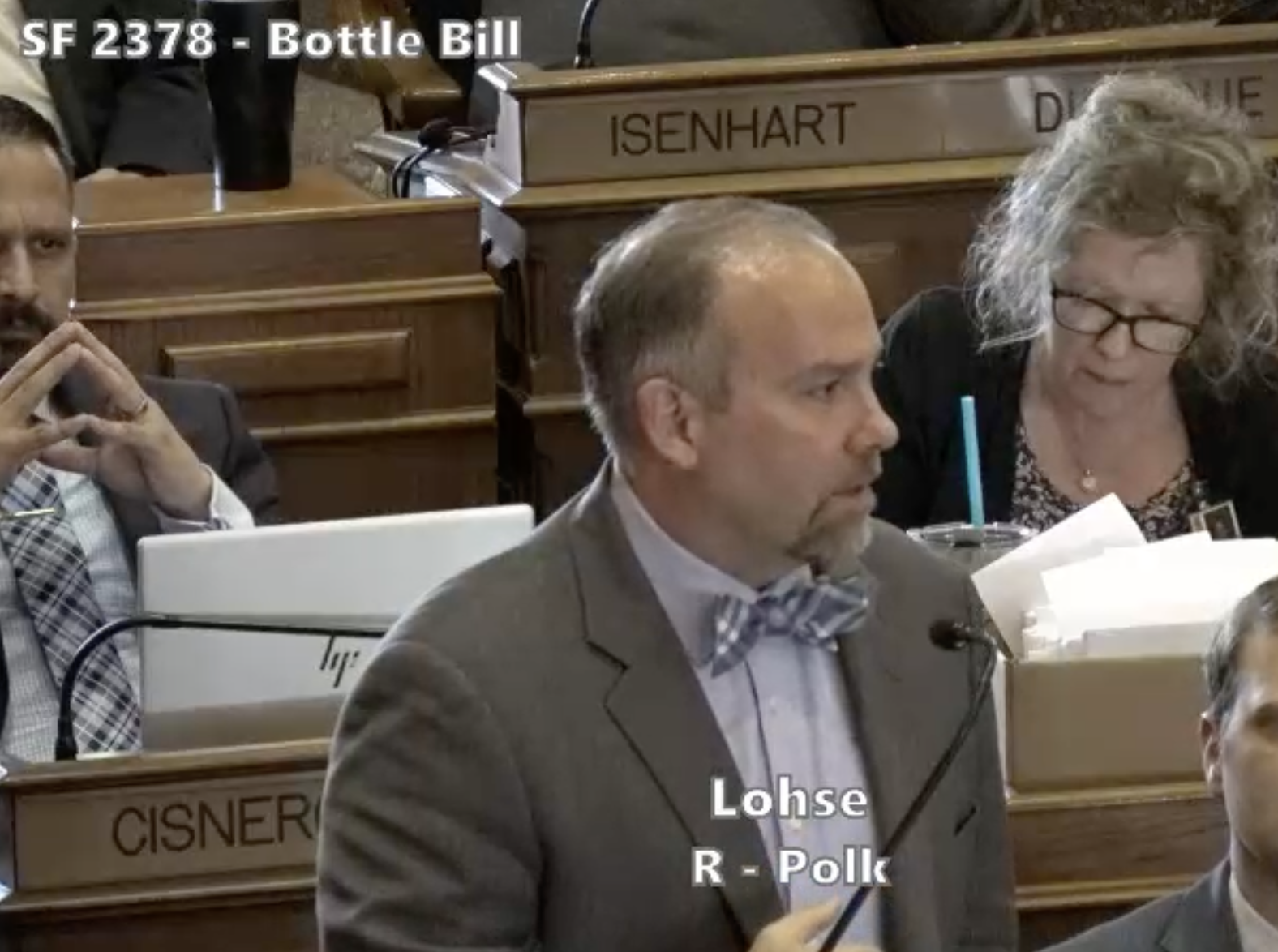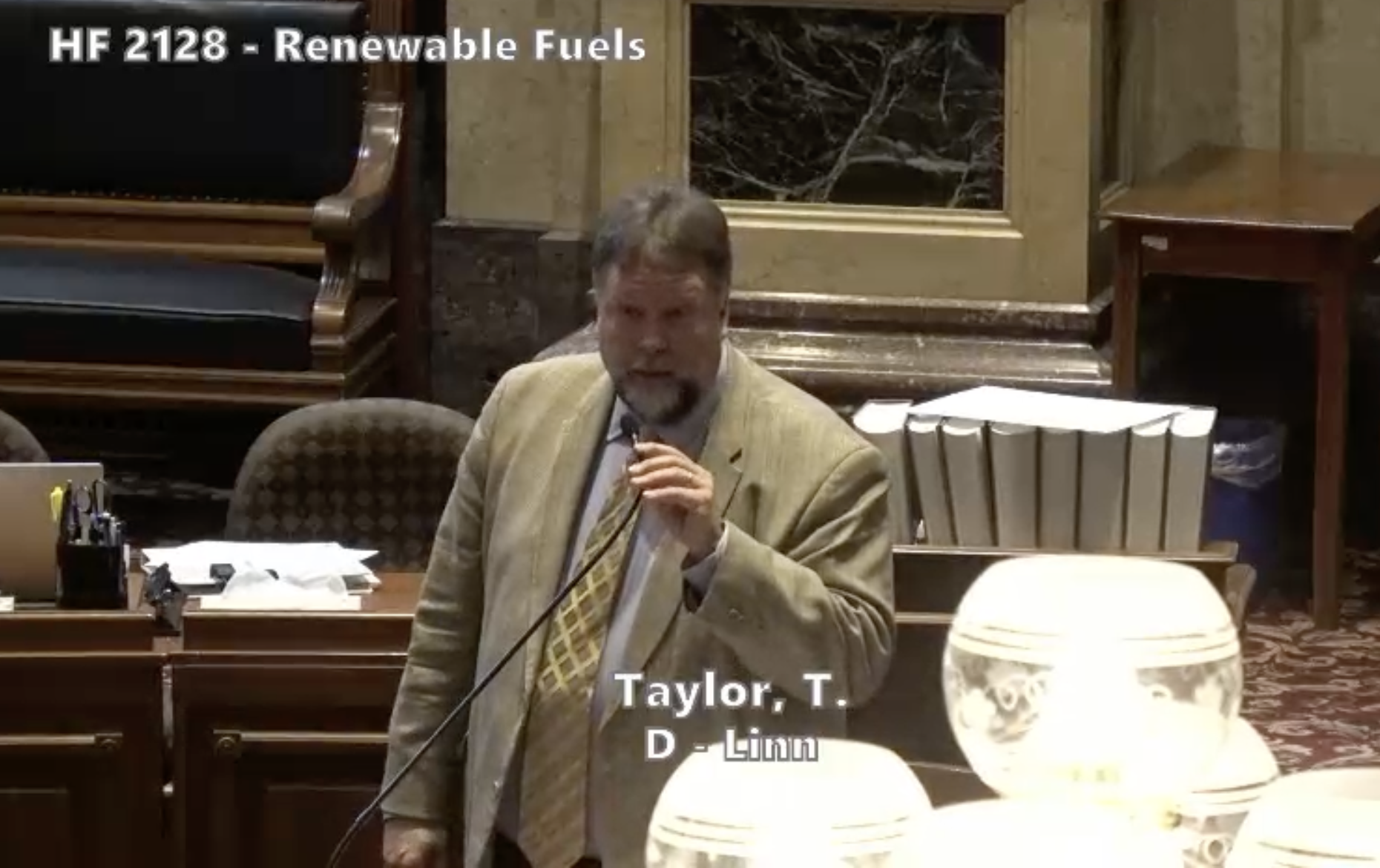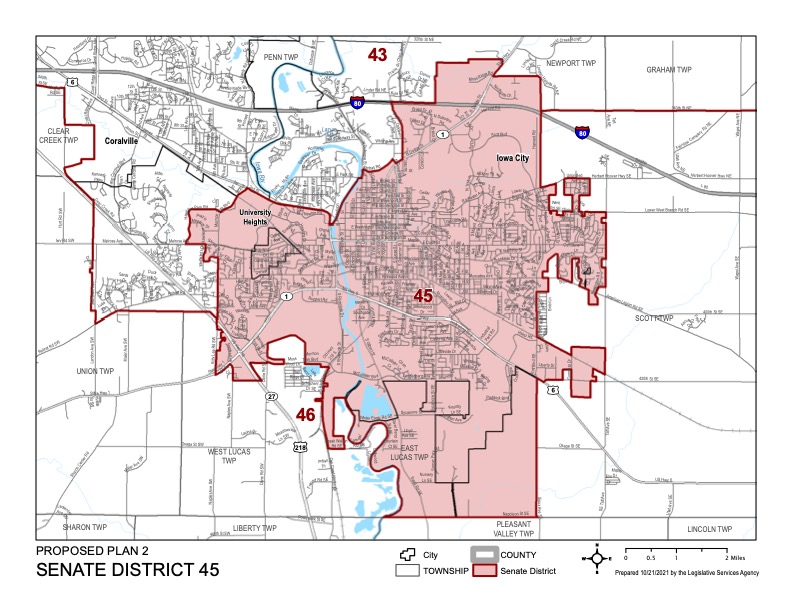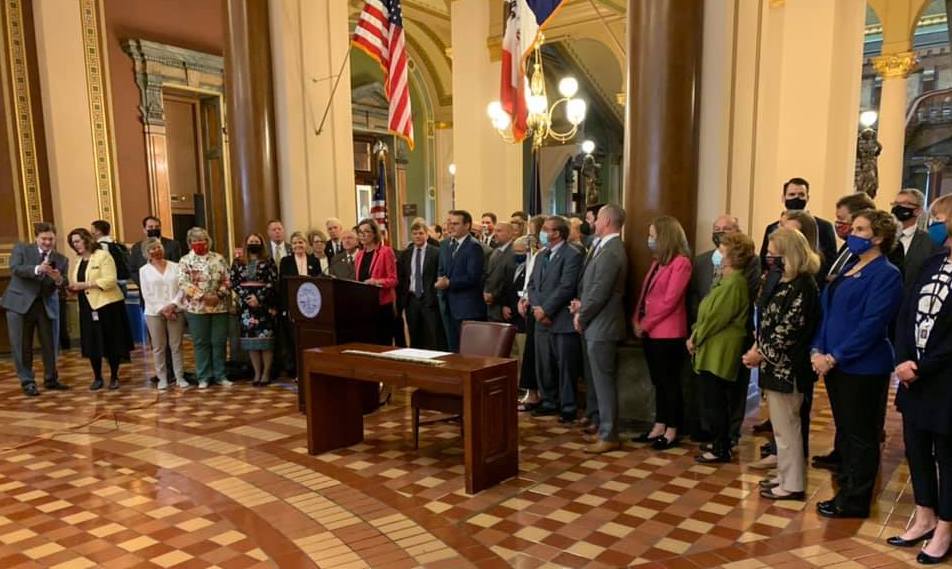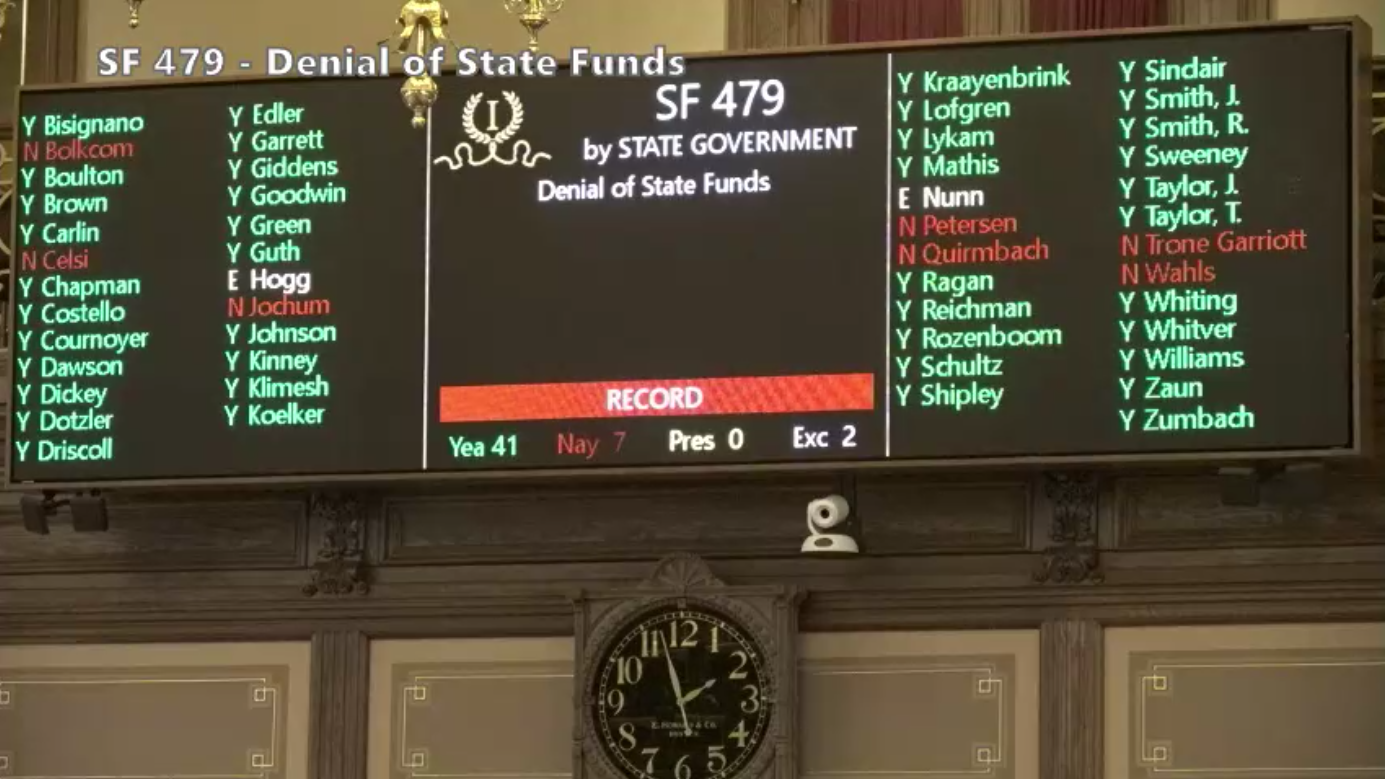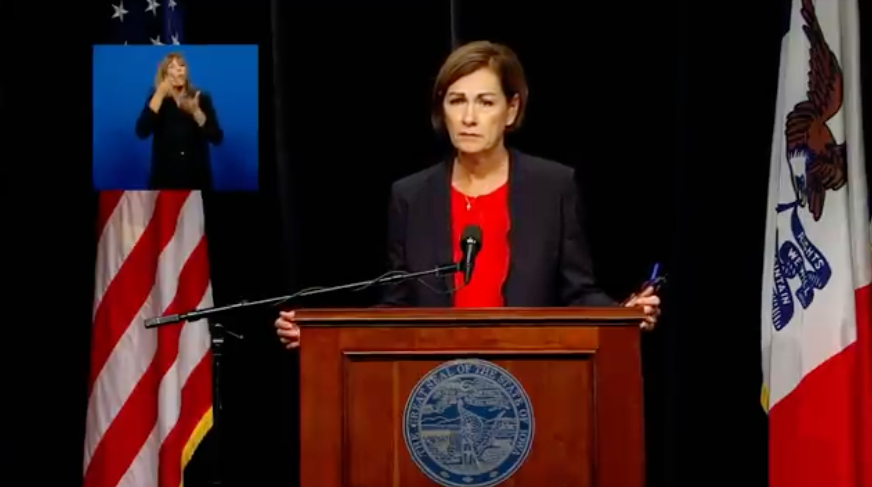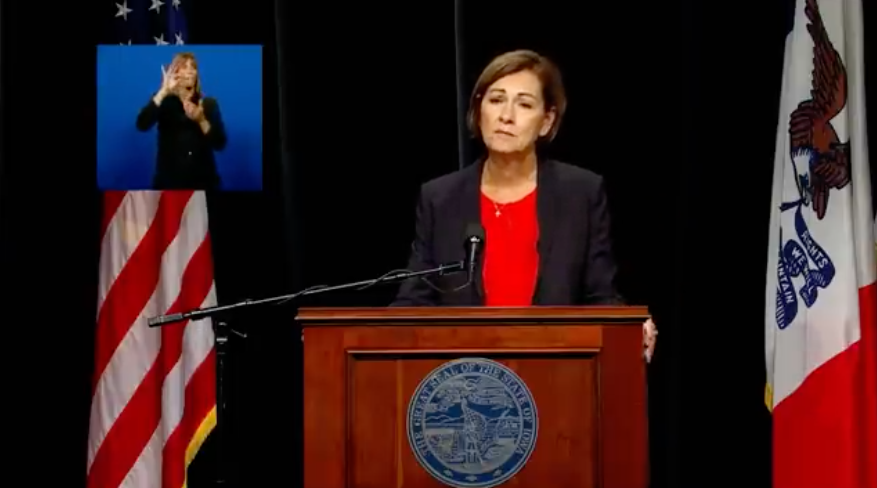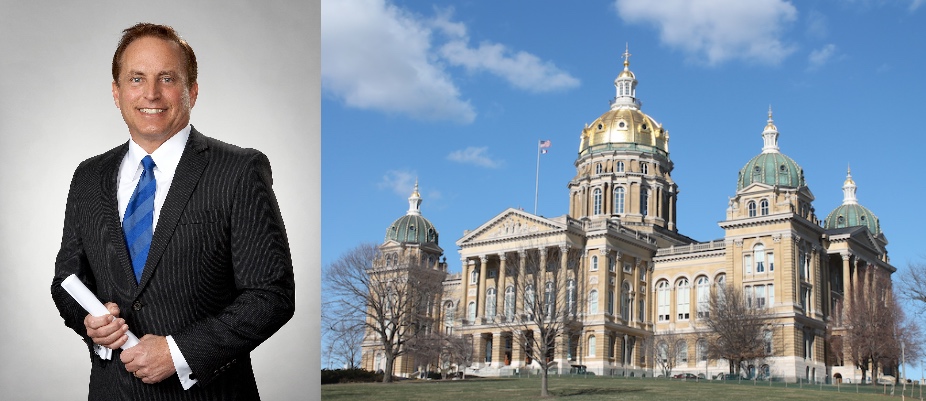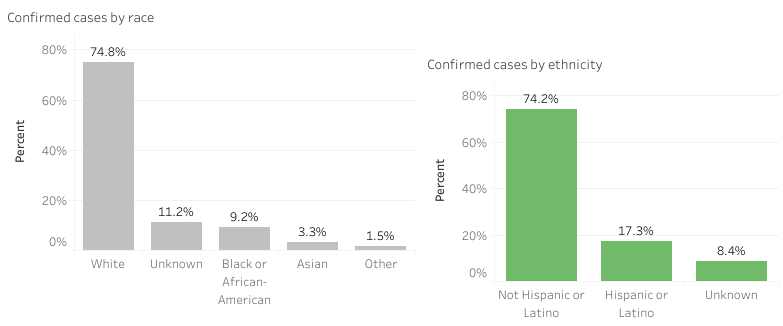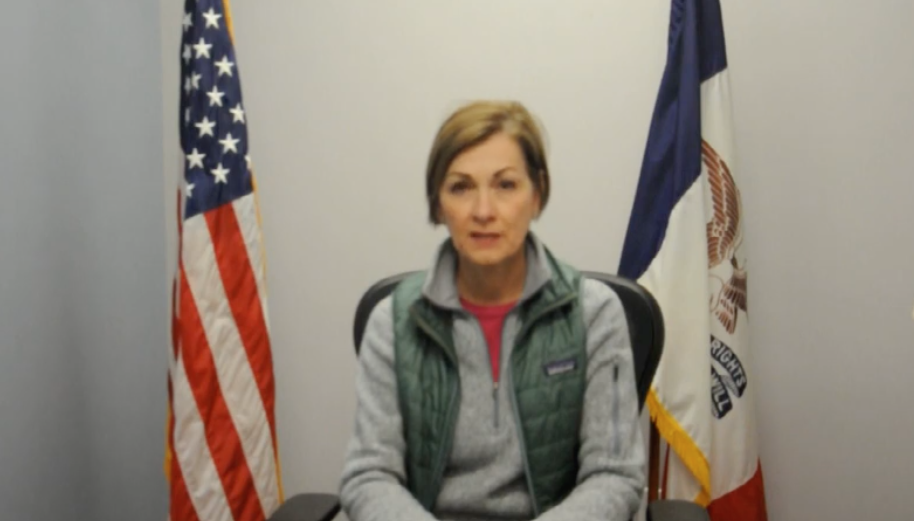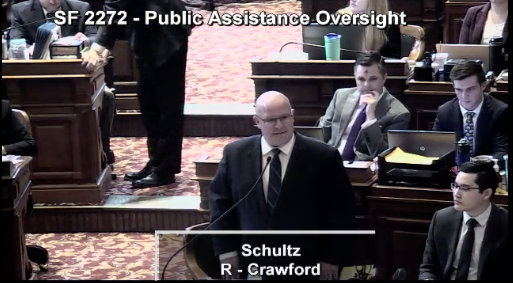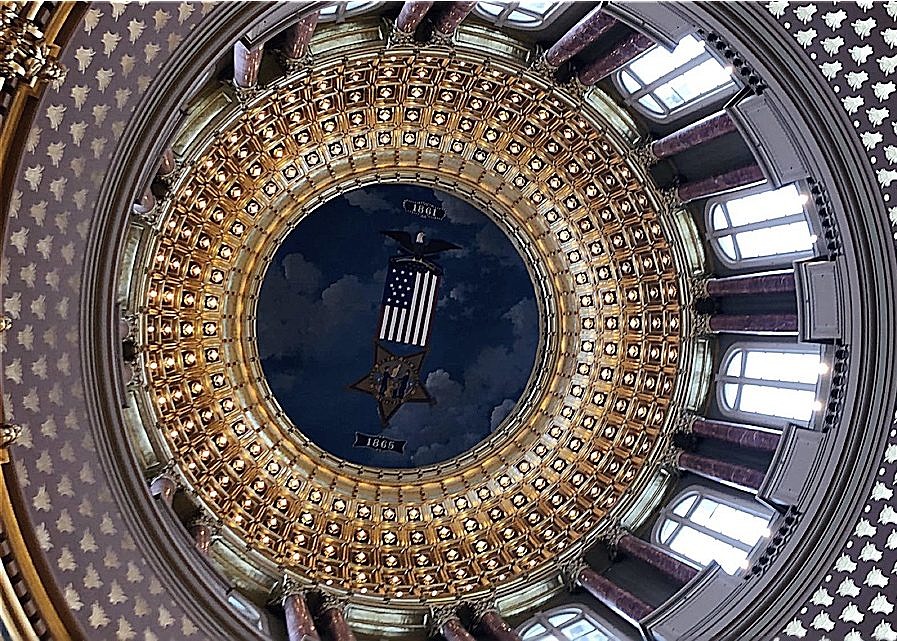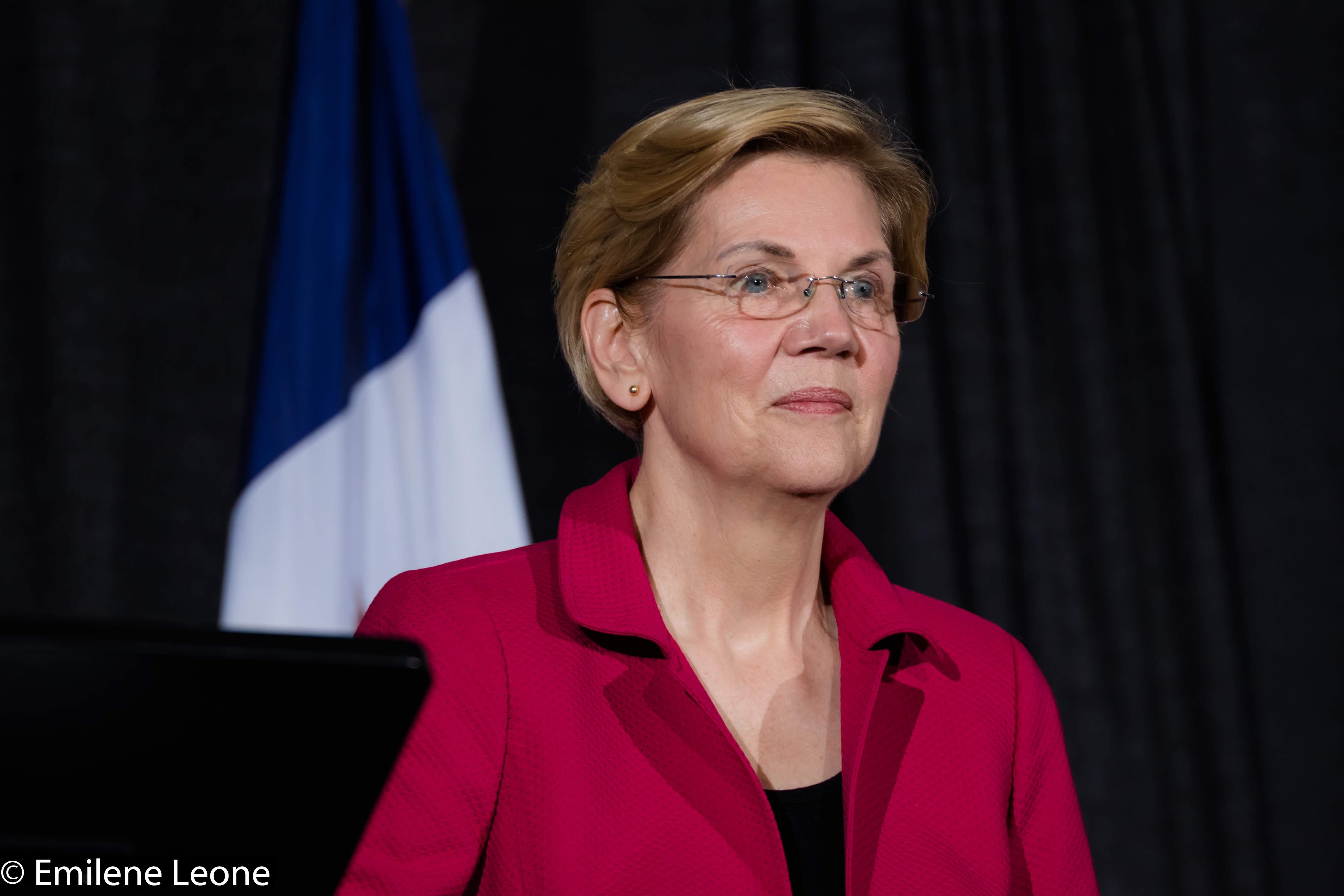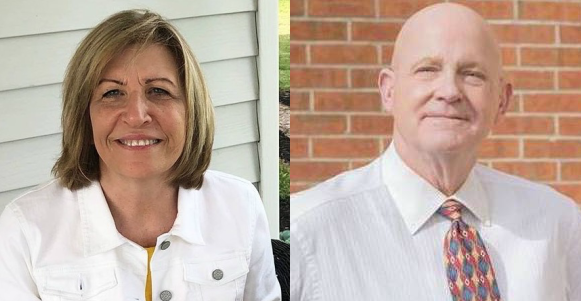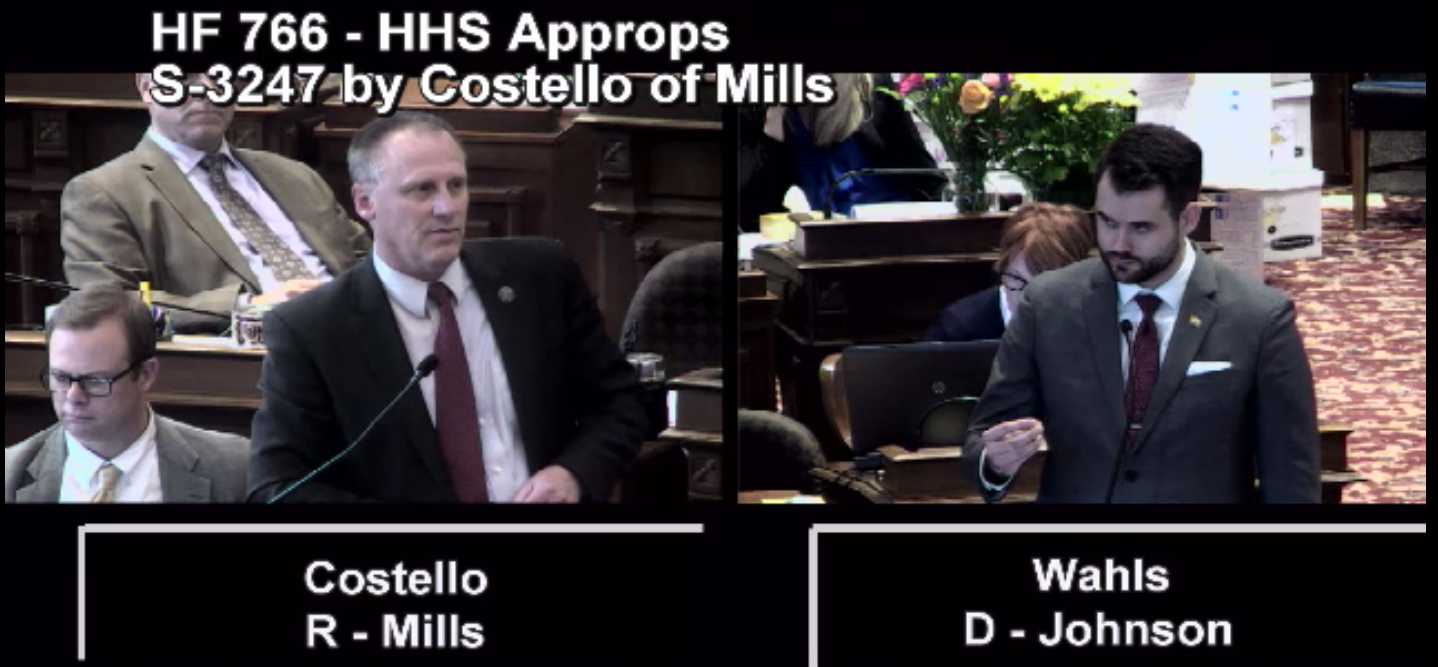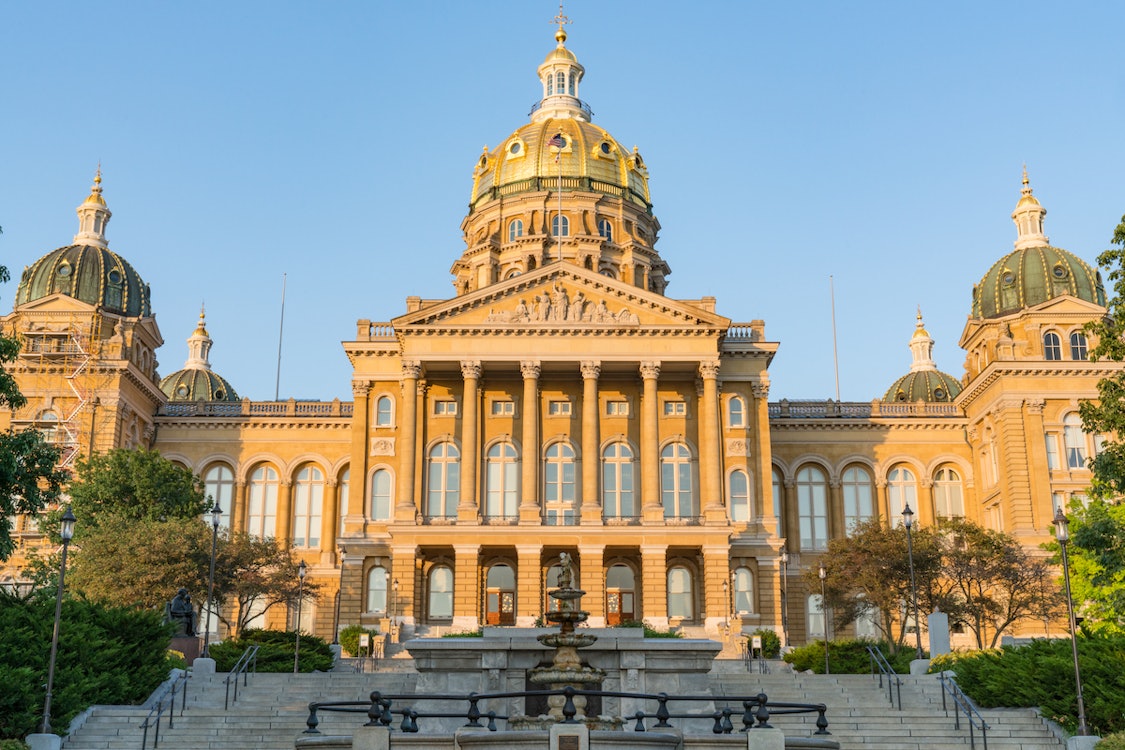
Former State Senator Joe Bolkcom served on the Senate Ways and Means Committee for 24 years, including ten years as chair.
For the past eight years, Iowa taxpayers have been victims of a political scheme to collect our hard-earned taxes for services we never received.
Instead of investing our money in priorities to make Iowans stronger and more prosperous, Governor Kim Reynolds and our Republican-controlled legislature have hoarded our tax dollars into a colossal $5.5 billion surplus to redistribute to their favorite fat cat donors and special interest pals.
In a normal, functioning democracy, citizens expect their taxes will be spent to make their lives better. In Iowa, that should include adequately funding our local public schools; more inspectors to make sure our nursing homes are safe for seniors; better maintained state parks; more mental health, alcohol and drug treatment in all 99 counties; affordable colleges and universities; safer roads and prisons; improved maternal health; and serious efforts to clean up our polluted lakes and rivers.
Continue Reading...




